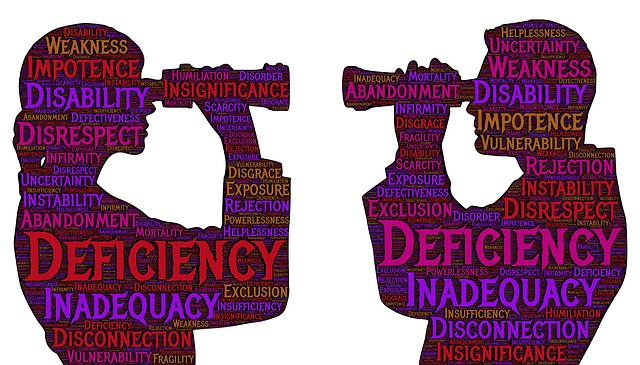It’s easy to get defensive but we also need to listen. What is the truth in this?
Some people will often provide criticism as they want to help us to get better. If it is given well it helps us to learn and develop and improve.
We need to think about how we take criticism – do we listen or close our ears.
What happens if we feel criticism is unfair?
How do we respond to the person who has provided this criticism?
But this is just about the person on the receiving end.
Triggers
We need to think about the triggers we get from being criticised.
Truth triggers – pay attention to the content. If we disagree, we can feel indignant or wronged.
Relationship triggers – we are more likely to accept criticism by some people. People whose opinions we value, or who deliver in a clear way. are tripped by the person providing the feedback. If we see something as petty when we were trying to help, we may discount it.
Identity triggers – anything that affects our self-concept can hurt deeply. We have to take time out before responding and it helps if we can remind us of our strengths.
How do you deliver criticism?
We should think about how we deliver criticism. Think about when you criticise family members, it’s easy to be general and full of blame. I know I can do this sometimes.
It’s often better to be clear on what we are criticising and to address our comments at the action, not the person.
Being mature means role modelling how this feedback should be delivered, even if others we know don’t do the same.
Watch the video
In this week’s kitchen conversation, you can listen to my talking around this subject. I’d love to know your views on this, so please, feel free to add your comment below.
Further reading
I’ve found an interesting article on the Harvard Business Review site: Find the Coaching in Criticism which can be found ini their Difficult Conversations section. Read it here
